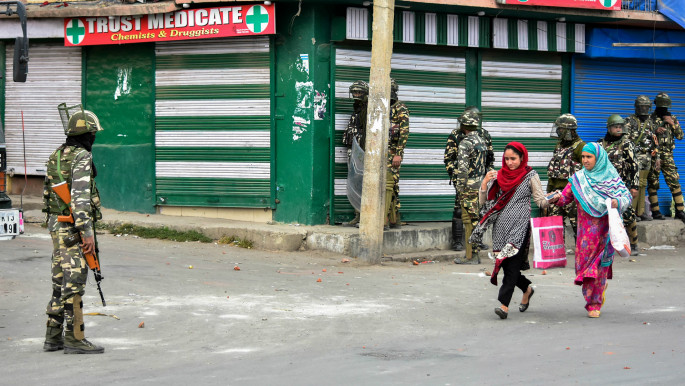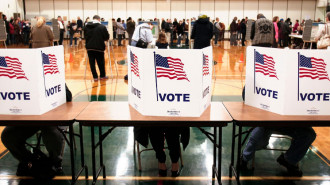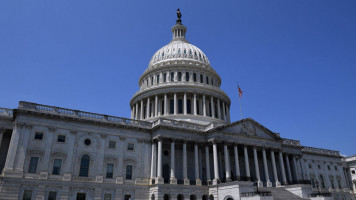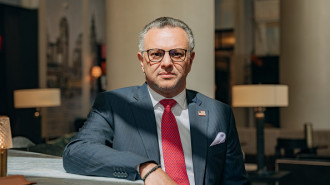India vows 'heavy price' after Kashmir attack kills dozens
India and Pakistan's troubled ties risked taking a dangerous new turn on Friday as New Delhi accused Islamabad of harbouring militants behind one of the deadliest attacks in three decades of bloodshed in Indian-administered Kashmir.
At least 41 paramilitary troops were killed on Thursday as explosives packed in a van ripped through a convoy bringing 2,500 troopers back from leave not far from the main city Srinagar, police said.
Local media reported that the Pakistan-based Jaish-e-Mohammed Islamist group claimed responsibility, with the vehicles driven by a known local militant, Aadil Ahmad alias Waqas Commando.
Kashmir has been split between India and Pakistan since independence from Britain in 1947 with both nuclear-armed countries, which have fought three wars, claiming it as their own.
Jaish-e-Mohammed is largely considered to be one of the most active Pakistan-backed insurgent groups fighting in Kashmir, and was the first militant group to introduce suicide bombers into the conflict.
 |
|
| Read also: A year of death, destruction and censorship in Kashmir |
India's foreign ministry said that Jaish-e-Mohammed head Masood Azhar "has been given full freedom by... Pakistan to operate and expand his terror infrastructure in territories under the control of Pakistan and to carry out attacks in India and elsewhere with impunity".
"I want to tell the terrorist groups and their masters that they have committed a big mistake. They have to pay a heavy price," Indian Prime Minister Narendra Modi said Friday after an emergency cabinet meeting.
"If our neighbouring country thinks that it will succeed in creating instability through such acts and conspiracies in our country, they should stop dreaming," Modi said, adding that the "blood of the people is boiling".
Arun Jaitley, finance minister, promised all steps to "ensure the complete isolation from the international community of Pakistan of which incontrovertible evidence is available of having a direct hand in this gruesome attack".
Islamabad, however, hit back at the suggestion.
"We strongly reject any insinuation by elements in the Indian media and government that seek to link the attack to Pakistan without investigations," the Pakistan foreign ministry said.
The United States condemned the attack in "the strongest terms", and called on "all countries...to deny safe haven and support for terrorists".
Two buses of the Central Reserve Police Force (CRPF) in the 78-vehicle convoy on the Srinagar-Jammu highway bore the brunt of the blast, heard miles away.
"No one from the first bus survived," a senior police official told AFP on condition of anonymity, predicting the death toll could rise higher still.
Blackened, mangled remains of at least one vehicle littered the highway. Reports said bodies and body parts were strewn around, making victims' identification difficult.
Afterwards, hundreds of government forces cordoned off around 15 villages in the district the bomber came from and conducted house-to-house searches, a police officer and witnesses said.
A team of elite anti-terror agency investigators were flying to Srinagar on Friday and India's interior minister Rajnath Singh was also scheduled to visit.
The attack surpasses one in 2016 that was the biggest in 14 years, claiming the lives of 19 soldiers in a brazen pre-dawn raid by militants on the Uri army camp.

![Palestinians mourned the victims of an Israeli strike on Deir al-Balah [Getty]](/sites/default/files/styles/image_684x385/public/2024-11/GettyImages-2182362043.jpg?h=199d8c1f&itok=xSHZFbmc)


![The law could be enforced against teachers without prior notice [Getty]](/sites/default/files/styles/image_684x385/public/2178740715.jpeg?h=a5f2f23a&itok=hnqrCS4x)
 Follow the Middle East's top stories in English at The New Arab on Google News
Follow the Middle East's top stories in English at The New Arab on Google News


